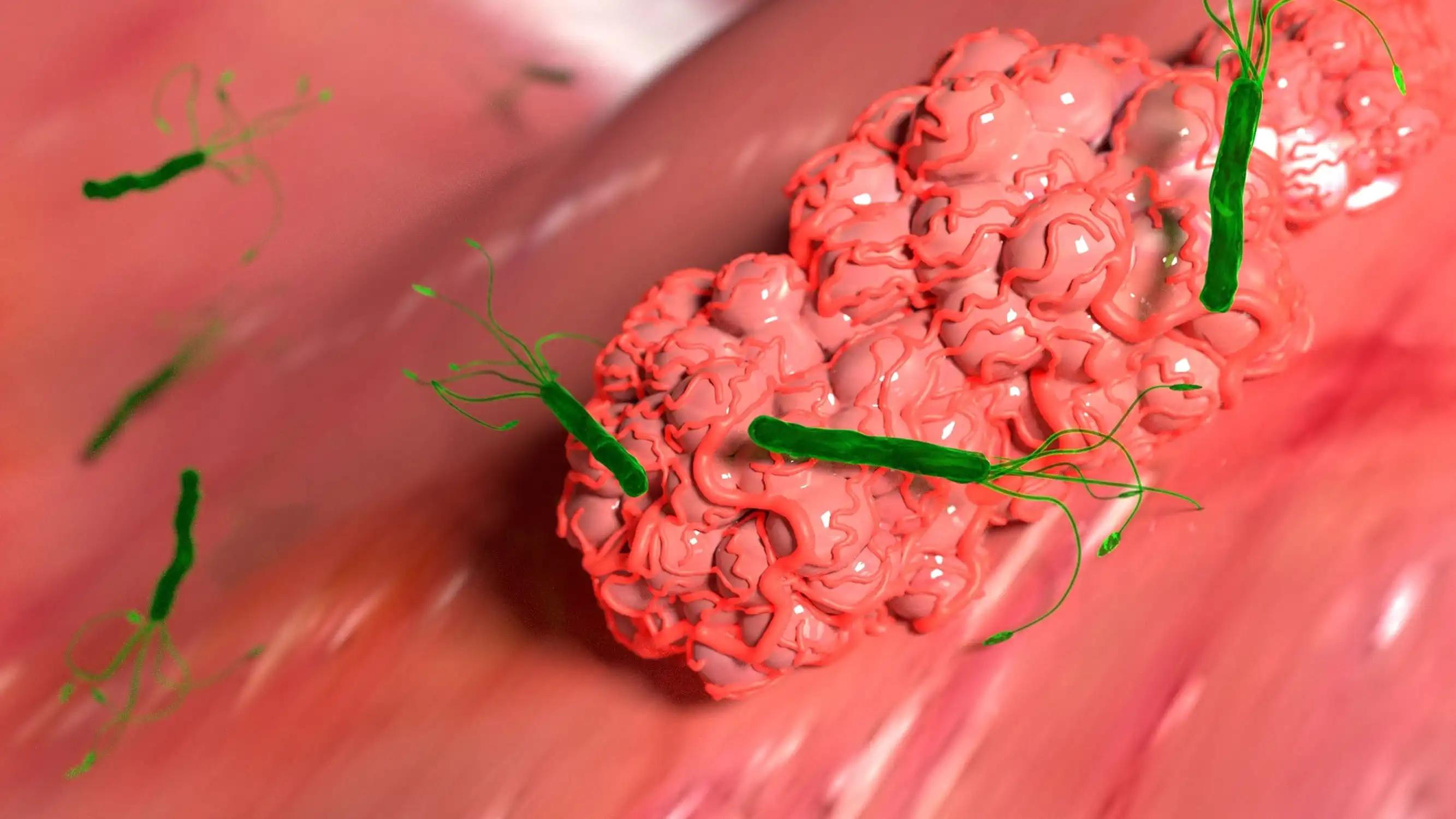KEY TAKEAWAYS
- The phase 3 trial aimed to investigate the efficacy of 5FU/Capecitabine sensitized RT in the adjuvant management of PA following chemo.
- The Primary endpoint was to determine OS.
- Researchers noticed that Chemo+CRT improves DFS in node-negative patients without increasing severe AEs despite no change in OS overall.
If 5FU/Capecitabine sensitized radiotherapy (RT) is beneficial in the adjuvant (adj) management of periampullary pancreatic adenocarcinoma (PA) following adjuvant chemotherapy (chemo) is subject to debate. NRG/RTOG 0848 aimed to elucidate this by evaluating the efficacy of chemo plus chemoradiotherapy (CRT) compared to chemotherapy alone in this setting.
Ross A. Abrams and the team aimed to assess the efficacy of chemo plus CRT compared to chemotherapy alone in the adjuvant management of periampullary PA.
They performed an inclusive analysis of a 2 step NCTN randomized trial. In the first step, patients were randomized to receive either 5 cycles of gemcitabine +/- Erlotinib. In the 2nd step, patients were further randomized to receive a 6th cycle of the same chemo regimen +/- 5FU/Capecitabine, along with 50.4 Gy in 28 fractions of RT (chemo+CRT). Eligibility criteria for the 1st step included R0/R1 resection, M0, ECOG PS of 0-1, and CA19-9 levels ≤180.
For the 2nd step, eligibility required completion of more than 4 cycles of chemotherapy (gem, gem combo, (m)FOLFIRINOX). RT included real-time 3D/IMRT treatment plan review, scoring, and approval. Patients were stratified by nodal status (+ vs -), CA19-9 levels, CA19-9 (≤90 vs > 90-180), surgical margins (R0 vs R1), and adjuvant chemo.
The primary endpoint was overall survival (OS), with secondary endpoints including disease-free survival (DFS) and adverse events (AEs) graded according to CTCAEv4. The sample size was calculated assuming a median OS of 17 months with chemo alone and hypothesized 22.5 months with (chemo+CRT) sample size was 354 pts (HR = 0.76, 80% power, 1-sided α = 0.05, 316 OS events).
The trial was amended due to a lower-than-projected event rate, with reporting occurring at the earlier of (a) 316 observed OS events or (b) 5 years of follow-up time from Step 2 accrual closure (265 OS events, 72% power, same α). OS and DFS were estimated by Kaplan-Meier and arms were compared using log-rank test. Multivariable analyses (MVA) used Cox proportional hazards models.
About 354 patients were randomized (174 to chemo, 180 to chemo+CRT) between November 2009 and October 2018. The median follow-up for all patients was 2 years, and for living patients, it was 7 years, with 270 overall survival (OS) events recorded. The median age of participants was 63 years, with 45% female, 81% white, and 13% African American (AA).
Among the patients, 83% had R0 resection, 26% were node negative, and 96% had CA19-9 levels less than 90. Notably, 13% of patients in the chemo+CRT group did not receive radiotherapy. AEs were comparable between the groups, with Grade 4 AEs occurring in 10% of the chemo group and 11% of the chemo+CRT group and one Grade 5 AE in each arm.
In the initial MVA, the treatment received (RX), CA19-9 levels, and surgical margins were not statistically significantly associated with OS or DFS. However, nodal status was significantly associated with both OS and DFS, and race was significantly associated with OS.
Further analyses revealed significant interactions between the treatment received and nodal status for both OS and DFS. Node-negative patients treated with chemo+CRT had better outcomes than those treated with chemo alone, while node-positive patients did not show this benefit.
The study concluded that chemo+CRT did not improve overall survival (OS) compared to chemotherapy alone, but it did enhance DFS. Notably, both OS and DFS were significantly improved in node-negative patients receiving chemo+CRT.
The trial was sponsored by the National Cancer Institute (NCI)
Source: https://meetings.asco.org/abstracts-presentations/239600
Clinical Trial: https://clinicaltrials.gov/study/NCT01013649
Abrams R.A., Winter K.A., Goodman K.A., et al.(2024). “NRG Oncology/RTOG 0848: Results after adjuvant chemotherapy +/- chemoradiation for patients with resected periampullary pancreatic adenocarcinoma (PA).” Presented at ASCO 2024. J Clin Oncol 42, 2024 (suppl 16; abstr 4005), 10.1200/JCO.2024.42.16_suppl.4005



